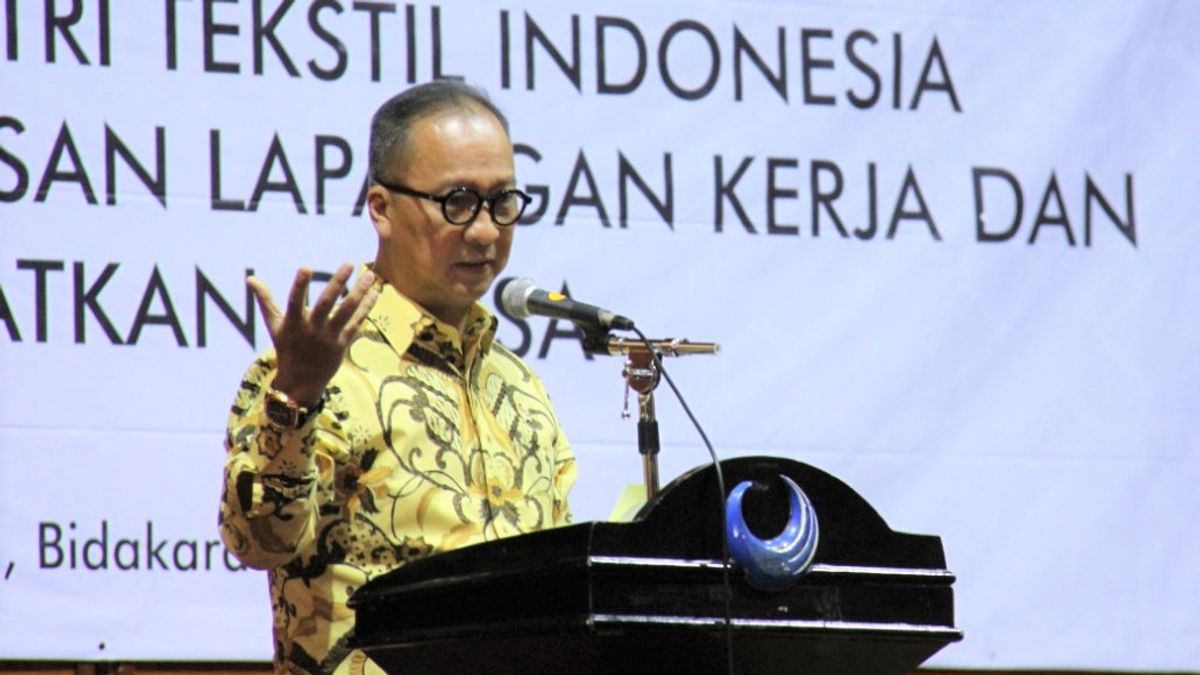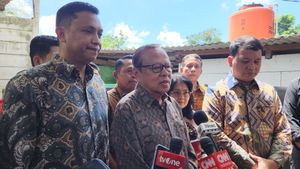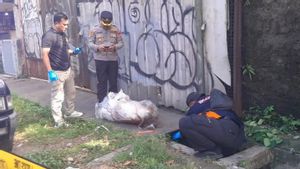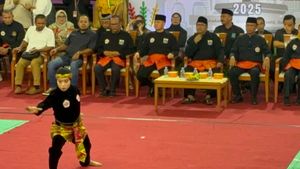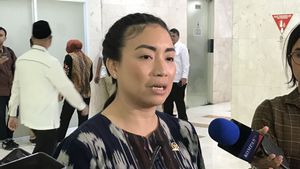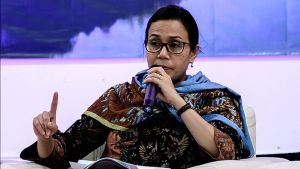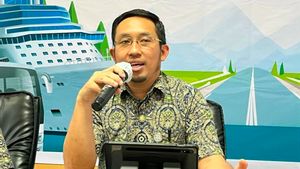JAKARTA - The textile and textile product (TPT) industry is one of the sectors that plays an important role because it makes a significant contribution to the national economy. This can be seen from the growth of the textile and apparel industry which skyrocketed the highest to 15.08 percent in the third quarter of 2019.
"One of the processing industry groups categorized as a strategic industry and a national priority in accordance with the National Industrial Development Master Plan (RIPIN) is the textile industry," said Industry Minister Agus Gumiwang Kartasasmita at the XV National Conference of the Indonesian Textile Association (API) in Jakarta, Wednesday 15 January.
The Minister of Industry said that so far the textile industry has been able to become a large foreign exchange earner. This is reflected in the projected export value throughout 2019 which reached 12.9 billion US dollars. In fact, the textile industry is called the labor-intensive sector, which has absorbed a workforce of 3.73 million people.
"In the last two years, despite the pressure from global economic conditions, the development of our textile industry has continued to improve, both in the domestic and international markets," he said.
In addition, the consumption of textile and textile products in domestic and foreign markets is also believed to continue to increase in line with population growth and changes in lifestyle. Therefore, in order to take advantage of these opportunities, national textile industry players need to work hard to improve productivity, quality and efficiency through the application of more modern technology supported by competent human resources (HR).
This is in accordance with the application of the Making Indonesia 4.0 road map in an effort to prepare for the era of the industrial revolution 4.0. "Currently, the manufacturing industry is preparing to face the 4.0 industrial revolution, which integrates production lines in the industrial sector online. "The application of industry 4.0 refers to the use of automation, artificial intelligence, then there is also machine-to-machine and human-to-machine communication, as well as the development of sustainable technology," he explained.
Agus explained that the industrial revolution 4.0 was something that could not be avoided, but it was a new opportunity. "Indonesia is preparing for the 4.0 industrial revolution to become a more advanced country and is targeted to be part of the top 10 of the world economy by 2030 according to the target of the Making Indonesia 4.0 roadmap," he said.
Agus is optimistic that if industrial technology 4.0 is applied to the national textile industry sector, it will accelerate the increase in its competitiveness. Based on the big aspirations of Making Indonesia 4.0, what will be realized is to make textile and apparel producers in the country enter the top five in the world by 2030.
The English, Chinese, Japanese, Arabic, and French versions are automatically generated by the AI. So there may still be inaccuracies in translating, please always see Indonesian as our main language. (system supported by DigitalSiber.id)
